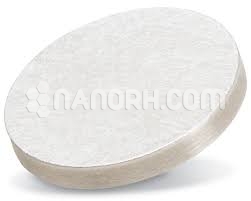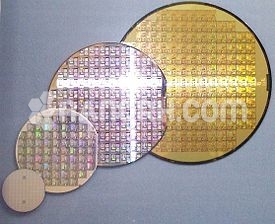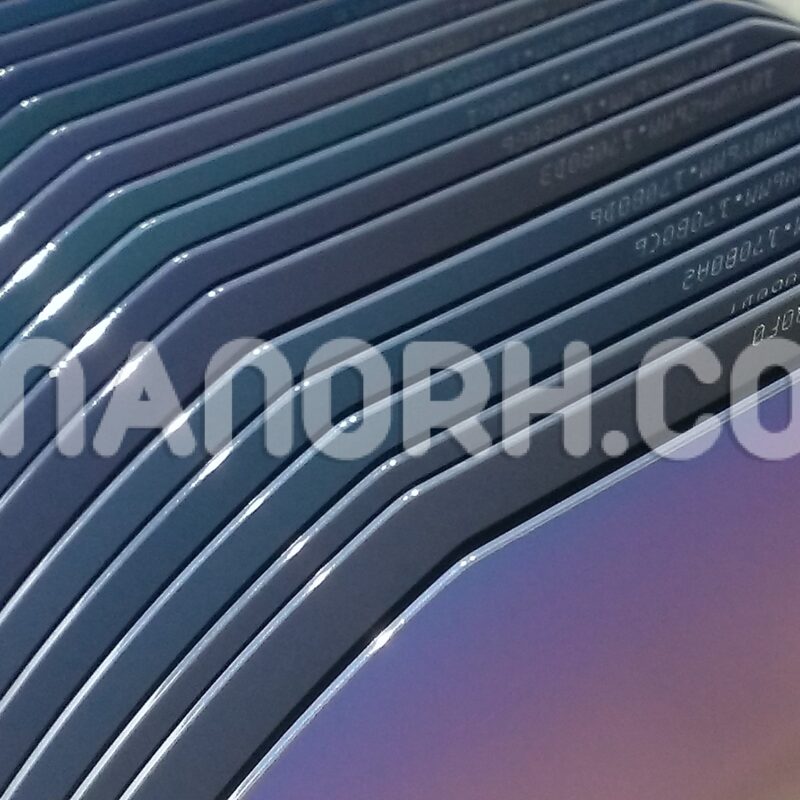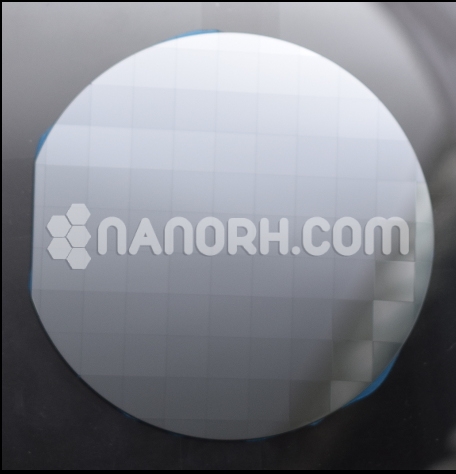Magnesium Sputtering Target (Mg, Purity: 99.9%, Dia: 50mm, Thickness: 3mm)
Magnesium Sputtering Target
| Magnesium Sputtering Target | |
| Product No | NRE-43101 |
| CAS No. | 7439-95-4 |
| Formula | Mg |
| Molecular Weight | 24.305 g/mol |
| Purity | >99.9% |
| Density | 1.738 g/cm³ |
| Thickness | 3 mm ± 0.5mm (can be customized) |
| Diameter | 50 mm ± 1mm (can be customized) |
| Shape | Round |
| Resistivity | NA |
| Thermal Expansion | NA |
Magnesium Sputtering Target
Introduction
Magnesium (Mg) is a lightweight metal known for its excellent mechanical properties, low density, and good thermal and electrical conductivity. As a sputtering target, magnesium is used in various applications, particularly in the fields of electronics, materials science, and coatings. Its unique properties make it suitable for creating high-performance thin films.
Properties of Magnesium
Lightweight: Magnesium is one of the lightest structural metals, making it ideal for applications where weight reduction is critical.
Good Strength: It offers a favorable strength-to-weight ratio, providing structural integrity without adding significant mass.
Corrosion Resistance: Magnesium exhibits good resistance to corrosion, especially when alloyed with other elements.
High Thermal and Electrical Conductivity: Its conductive properties are beneficial for applications in electronics.
Applications
Thin Film Coatings: Magnesium is used to create thin films for various applications, including protective coatings that enhance durability and wear resistance.
Electronics: Sputtered magnesium films are employed in electronic devices, such as capacitors and conductive layers, due to their excellent conductivity.
Optical Coatings: Magnesium can be used in optical coatings, including anti-reflective layers, to improve light transmission in lenses and other optical devices.
Biomedical Applications: Magnesium is being explored for use in biodegradable implants and medical devices due to its biocompatibility and potential for controlled degradation in the body.
Energy Storage: Magnesium sputtering targets are investigated for use in battery technologies, particularly in improving energy density and performance.




